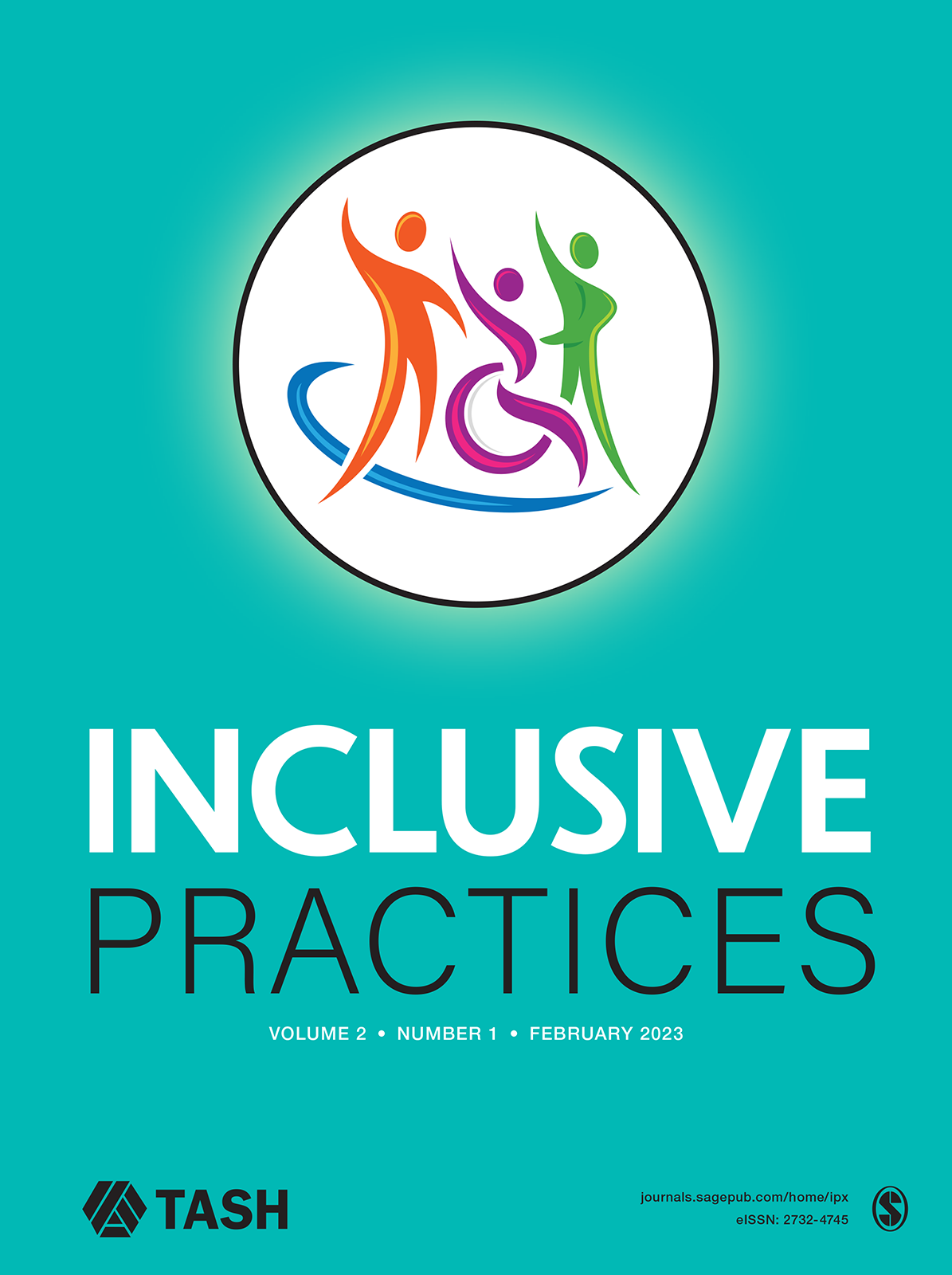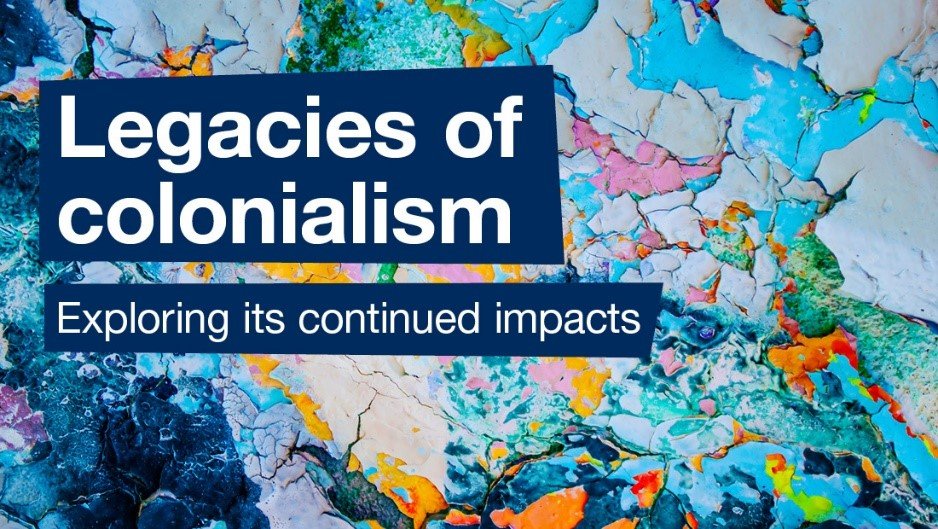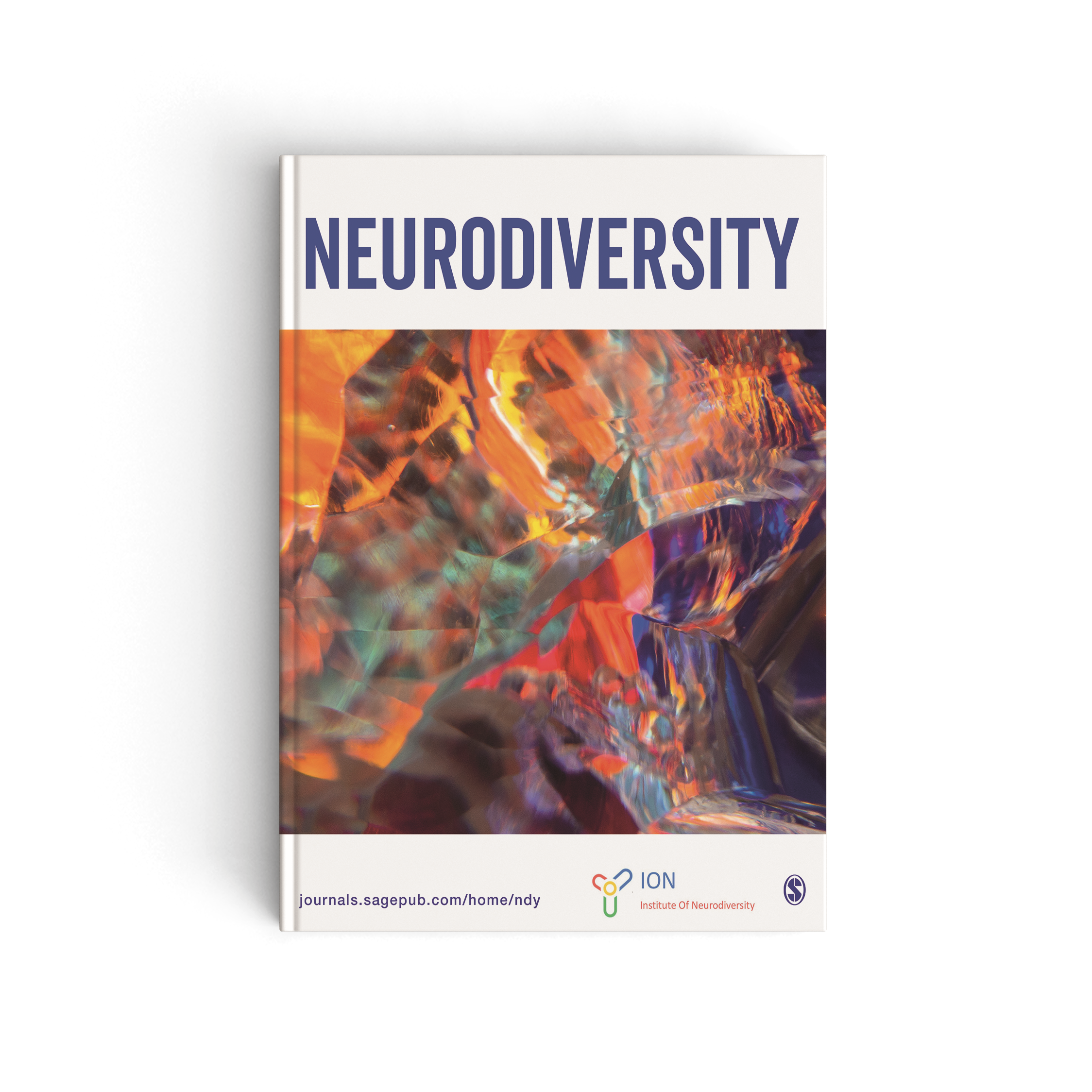
Diversity, equity, and inclusion
Our 2022 efforts to support diversity, equity, and inclusion across the company were largely guided by responses from an annual survey sent to staff to better understand the mental and emotional connection they feel toward the work they do, their teams, and toward Sage as a company. For example, we learned that while 67 percent of staff feel like they belong and 86 percent feel accepted by their immediate coworkers, only 47 percent feel that Sage leadership is prepared to effectively manage a diverse workforce.
These responses inspired us to double down on our efforts to increase trust and belonging across all sectors of the business. In 2022, we made significant investments in DEI for our workforce and in our workplace, prioritizing training managers and leaders on techniques to increase trust, psychological safety, and accountability on their teams and striving toward a highly inclusive culture.
In 2022, we established an office dedicated to creating a work environment where individuals of all backgrounds be developed to their full potential.
“Our DEI strategy is to value people, listen to them, and create systems to help them thrive. That will not change.”
— Toni Ligons (she/her), vice president of diversity, equity, and inclusion
Meet the Office of DEI
Sage is committed to being an inclusive employer where all individuals are treated equally with fairness and respect, regardless of age, ability, gender, sex, marriage and partnership status, pregnancy and parental responsibilities, race, religion and belief, socioeconomic background, or sexual orientation. In 2022, we established the Office of DEI, whose mission is to build global DEI practices that allow our employees to bring their best self to work. We accomplish this through the following:
Encouraging individual expression of identity in a culture of inclusion.
Creating a safe space for all voices to be heard.
Empowering all employees to focus on personal and professional development.
Ensuring systems/policies are vetted through an equitable lens.
Providing continual feedback to all levels of the organization.
Voices from our DEI effort
Five questions with the team
We caught up with the Office of DEI and asked them a few questions about Sage’s DEI progress, what they’re currently reading and their priorities for 2023 and beyond.
Toni Ligons (she/her), vice president of diversity, equity, and inclusion
According to Toni Ligons, leaders should be OK with not knowing everything. “Even DEI leaders such as myself don’t have all the answers,” she says. Good DEI leadership means listening to the people around you. Through patience, listening, and nurturing a supporting environment, people can be encouraged and inspired to find the answers within.
Caroline Hedley (she/her),
UK DEI advocacy lead
Caroline’s family’s experiences during her teen years sparked her passion for DEI. “I am first-generation Afro-Caribbean, Black British,” she says, “and part of a multicultural family, so I’ve always been surrounded by discrimination of one kind or another, and I’ve always been determined to make a change.” In her professional career, Caroline prioritizes cultural awareness, inclusion, and equity to make a positive difference.
Malcolm Trotter (he/him),
US DEI advocacy lead
In 2020, Malcolm volunteered to lead the U.S. ERG for People of Color to help cultivate a space for addressing workplace diversity challenges experienced by underrepresented people. “At that time, I would not have expected that today there would be an Office of DEI and that I would be able to be a valuable contributor to its initiatives,” he said.
Thelma Landry,
executive business partner
Shortly after joining Sage 12 years ago, Thelma saw opportunities to improve its DEI initiatives. “That is why I jumped at the chance to help make much-needed changes in the organization as it relates to DEI,” she says.
Workforce: How we cultivate a diverse workforce
Sage aims to be an inclusive place to work that demonstrates and celebrates the diversity of our societies and our workers around the world. Our goal is to attract, develop, and promote employees who embody visible and invisible aspects of diversity, and to ensure we focus on that goal we audit our workforce every year.
Sage staff in 2022
Gender
Looking at gender, our workforce of more than 2,000 employees is predominantly female: 66 percent in the United States, 68 percent in the United Kingdom, and 56 percent in India. In the United States and the United Kingdom, our leadership positions are also predominantly held by women, where the numbers—especially below the vice president level—are roughly in line, at 61 percent, with the workforce in those locations. In India, meanwhile, the senior management group is 33 percent female.
Sage’s goal is for the gender balance in our management to mirror that of the staff, so we are aiming to have 65 percent of the top quarter of Sage’s leadership to be female company-wide. We are also seeking to accelerate progress towards gender balance in traditionally higher paid roles, such as those in technology and finance, throughout the organization.
Gender: Total employee population
Gender: Global leadership
Ethnicity
Looking at ethnicity, our goal is for 30 percent of the employees at all levels in the US and UK to come from people of color (POC) communities. In 2022, 31 percent of the US employees and 24 percent in the UK identified as POC, for a combined representation of 28 percent. This compares to 16 percent, however, in the combined leadership quartile—up from the year before but still with ground to make up.
Ethnicity: Total employee population
Ethnicity: Global leadership
Recruitment
Across our US and UK offices, we have made many changes to our interview and recruitment practices to mitigate bias and expand our candidate pool. For example, we have adopted AI tools to review job postings and suggest more inclusive language; done away with unnecessary job requirements such as previous publishing experience or degrees; and we partner with third-party organizations, historically Black colleges and universities, tribal colleges and universities, and more to find job candidates from underrepresented backgrounds.
Internships
Partnering in the UK with organizations like Creative Access, which empowers individuals of African and Caribbean descent, we established a 12-month internship program to promote diversity within our organization and create pathways into the publishing industry for people of color.
For the 2022-2023 cohort, seven interns started in July, of which four have secured permanent roles as of April 2023. For the 2021-2022 cohort, all six interns who were part of the program secured a permanent role at Sage and remain employed.
Mentorships
We launched a mentorship program in the US in which 12 matches were made based on mentees’ areas of interest and development goals and mentors’ areas of knowledge, expertise, and experience. This approach mitigates the risks associated with relationships based on who knows whom, which can reduce diversity, and forces mentors to be “experts” in all areas where their mentee seeks guidance. We will expand this approach across the UK office in 2023.
“Working with a mentee has reinvigorated me. Learning more about the challenges, professional goals, and areas for development for my mentee has caused me to look at my own progress and goals to determine if I am where I want and need to be, and if not, make sure I’m taking the steps to get there. The program also creates an inclusive culture at Sage by partnering employees who can learn from one another, better understand the challenges that some encounter, and understand the importance of meeting the person where they are.”
— Stephanie Cooper (she/her), manager of organizational effectiveness
Workplace: How we empower our people to embrace inclusion
Training for leadership: Cultivating behaviors of belongingness
In 2022, we kicked off an ongoing training program for leaders to help build a foundational understanding of the day-to-day behaviors that cultivate an inclusive and equitable workplace built on a model of learning, reflecting, and taking action.
Additionally, more than 100 staff in leadership roles in the US, UK, and India participated in workshops to create “collective equity”—communities that value and support everyone—led by Corwin author Sonja Hollins-Alexander, who coauthored a book of the same title.
These trainings were designed to reinforce a core list of “inclusive behaviors” that was created jointly by the Office of DEI and leaders of our employee resource groups. The list includes striving for deep self-awareness, embracing and accepting others, effectively collaborating, maintaining an advocacy mindset, and more.
Employee-led DEI support
Sage’s ERGs are voluntary, employee-led groups aiming to create a safe space for marginalized people and communities in the company. Many ERGs were founded and self-organized by staff, and Sage supported the establishment of additional groups to provide a wider selection of spaces available for staff to get involved.
UK
Global Majority
LGBTQIA+
Disability, Accessibility, and Wellness
Menopause
US
BIPOC
LGBTQIA+
Accessibility, and Wellness
Gender Equity
Jewish Network and Allies
Mothers’ Group
Read more about our ERGs and culture collective groups in our US and UK offices.

Wider impact: How we impact research and education
Sage has committed to enabling people from all backgrounds to contribute to and benefit from teaching and research resources that are balanced, grounded, antiracist, and promote a more just society. To accomplish that, we’ve pledged to do the following:
-
In 2022, 29 percent of new book signings for the US College textbook program featured a DEI theme that was both part of the text and central to its approach. And nearly half of the 2022 signings for our reference program had a strong focus on DEI or social justice, focusing on topics such as disability and inclusion in the workplace, African American education, and politics and gender.
Corwin doubled down on its commitment to equity in 2022 in the face of intensifying cultural criticism. While all Corwin resources have diversity, equity, and inclusion infused throughout, 25 percent of its titles published in 2022 and 35 percent of its 2022 signings include a new, specific DEI approach to teaching a subject. Examples include Math Lessons for Social Justice and Engaging in Culturally Relevant Math Tasks.
Our Learning Resources offered through the library were also expanded to include content supporting equity across the globe. For example, we expanded our Sage Video resource to include videos on topics such as Providing Health Care for Transgender Individuals (from our Nursing Collection), Black-owned businesses and entrepreneurship (from our business collection), and culturally sensitive and informed healthcare.
-
To better support our goals to increase the number of Sage authors, editors, and reviewers from historically underrepresented groups, in 2022, we began to collect anonymous, self-reported, and secure identity information. This will provide us with one mechanism for setting goals, steering efforts in terms of new commissioning and hiring, and measuring progress.
In 2022, 29 percent of our new book signings for our US College textbook program and 35 percent of our book signings for Corwin included an author of color.
We know that this type of progress will only continue — and grow — if we equip ourselves with the ability to recruit and onboard authors and editors in an equitable and inclusive way. In 2022, our journals team ran a workshop to improve recruitment practices among staff and has been closely monitoring the behavior changes and impact it has had.
-
Our US College textbook program improved its (WCAG) compliance grade from 76.6 percent to 86.2 percent. Examples of accessibility enhancements include enhanced keyboard functionality and enhancements to focus visible.
Within our UK books program, we began implementing “alternative text" (written descriptions of visual material) so that visually impaired readers can get the data or information on a screen-reader.
We also invested in making our learning resources for the library more accessible. For example, we unified accessibility requirements and testing across a range of platforms to create a more consistent user experience.
For Sage Data, we conducted a robust audit and fixed nearly all of the accessibility barriers identified by the end of 2022. We ran a third-party assessment of Sage Research Methods to determine how well the tool supports WCAG criteria and found that all 50 criteria are either supported or partially supported.
Case study: Addressing pressing issues while remaining accessible
Spotlight on Criminal (In)Justice, 2nd Edition.
New policies and resources for our publishing partners
In 2022, we continued to expand our guidance for editors, authors, and instructors to foster more equitable teaching, learning, and researching workflows. This includes the following:
Guidance for journal editors: Unconscious bias, language, and working with authors with disabilities.
For teaching faculty: Resources to foster open dialogue.
For textbook authors: Guidelines for detecting and remedying bias in your content.
For Corwin authors: Considerations for promoting social justice.
Support for authors writing in English as a second language
Many major international journals (including the majority of those published by Sage) publish solely or mainly in English, which creates a major barrier to building a diverse and representative author base in research. To support authors writing in English as a second language, in 2022, we set aside $200,000 to provide language editing services, which we are currently trialing with a selection of journals. This is a drop in the bucket relative to the extent of the barriers that exist for authors who do not speak English as a first language, and we will continue to explore new opportunities to amplify scholarly voices from diverse backgrounds.
Our Sage College team created a place for instructors and authors to learn about our approach to DEI, from promoting social justice through our publishing to spotlights on authors who amplify underrepresented voices through their writing, and a lot more.
A global ethics code
To counter “helicopter research”—when researchers from high-income countries conduct research in low- and-middle-income countries with no or minimal involvement from local communities—we introduced guidance to help our journal authors conduct research that treats local participants equitably and has local relevance and community benefit. The guidance is based on the Global Code of Conduct for Research in Resource-Poor Settings, which was developed by TRUST, an EU-funded project on research ethics and is available on the Sage Author Gateway.
Recognizing inequalities in fairly attributing authorship, we began supporting the “Consensus statement on measures to promote equitable authorship in the publication of research from international partnerships” and recommend that authors and editors follow the guidance in this statement when supporting low- and middle-income country-based research. Read more on our inclusive research publishing practices.
"Our publishing program demonstrates our values system."
— Blaise Simqu (he/him), CEO, Sage
From our 2022 publishing portfolio
We published the first issues of Equity in Education & Society, which provides international scholarship on the intersections between policy, practice, and society.
We published Inclusive Practices, which addresses research-to-practice for persons with significant support needs across the lifespan.
Our free collection of research and supplemental material centered on Legacies of Colonialism won an APEX award in the category of Diversity, Equity, and Inclusion—one of seven APEX awards for Sage in 2022, a company record.
Partnerships
We launched the journal Neurodiversity, which provides rapid publication of interdisciplinary approaches to the study of neurodevelopmental conditions and neurodiversity.
Sage is proud to support and sponsor organizations that are dedicated to combatting racism in academia and supporting students and faculty from marginalized backgrounds.
Sage has supported the Academic Pipeline Project (APP) community with professional development webinars and networking opportunities. Read more from cofounder Curtis D. Byrd.
Through a partnership with Leading Routes, an organization that helps to prepare the next generation of Black academics, Sage promotes an equitable experience for Black students in university settings.
2022 marked the second of a three-year partnership with Universal Write Publications, a Black-owned social science publisher, in which we sponsored the publication of titles that represent voices of the African diaspora with an emphasis on African- and Black-centered scholarship. The first title, Being Human Being: Transforming the Race Discourse by Molefi Kete Asante and Nah Dove, marks Asante’s 100th title.
In 2022, Sage sponsored the Institute of Race Relations in the launch of the Register of Racism and Resistance, a vital resource documenting key developments in racism and community action. The institute’s journal Race and Class, published by Sage, continues to contribute impactful research and challenge unfair power structures.
Sage is a sponsor of the PhD Project and a supporter of their goal to diversify the workplace by diversifying leadership in the classroom. In July, we cosponsored a case study workshop at Providence College with 30 faculty members on writing and teaching business case studies to include protagonists and themes underrepresented in teaching material.
In 2022, Sage convened a series of listening sessions through the National Associations of Librarians of Color asking librarians how publishers can better support academic librarians. This resulted in new resources for the library community.
The Amos Bursary empowers talented individuals of African and Caribbean descent to excel in their education and beyond. In 2022, Sage provided two summer internships to Amos students and gave access to its books and reference platform, as well as providing a range of study skills books. Members of Sage's editorial team were guest speakers at two different training days to support young people.
In 2022, Sage also signed the Human Right’s Campaign statement opposing anti-LGBTQ state legislation and in support of transgender youth.


































